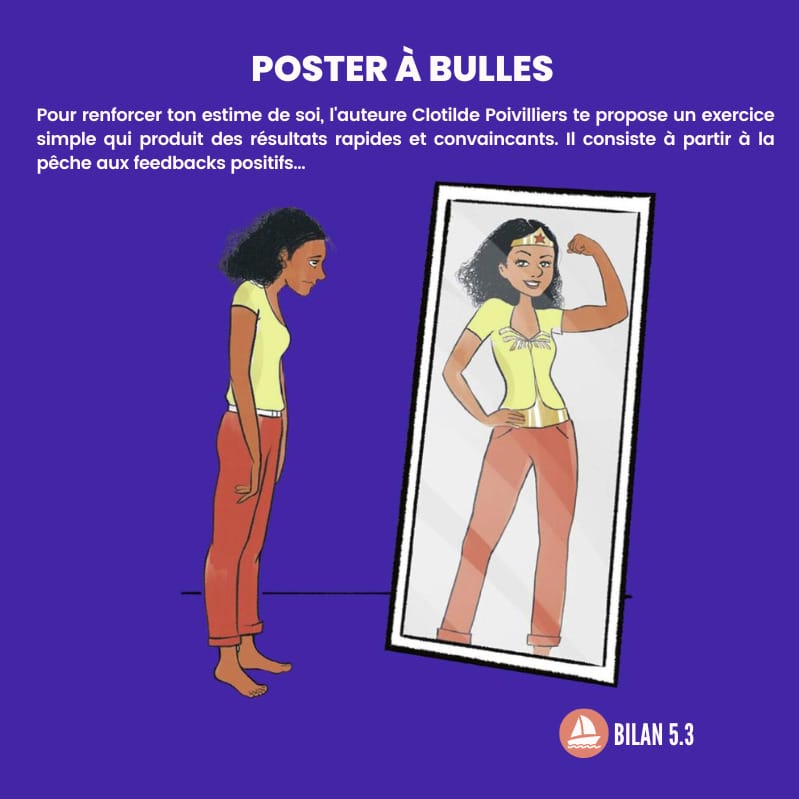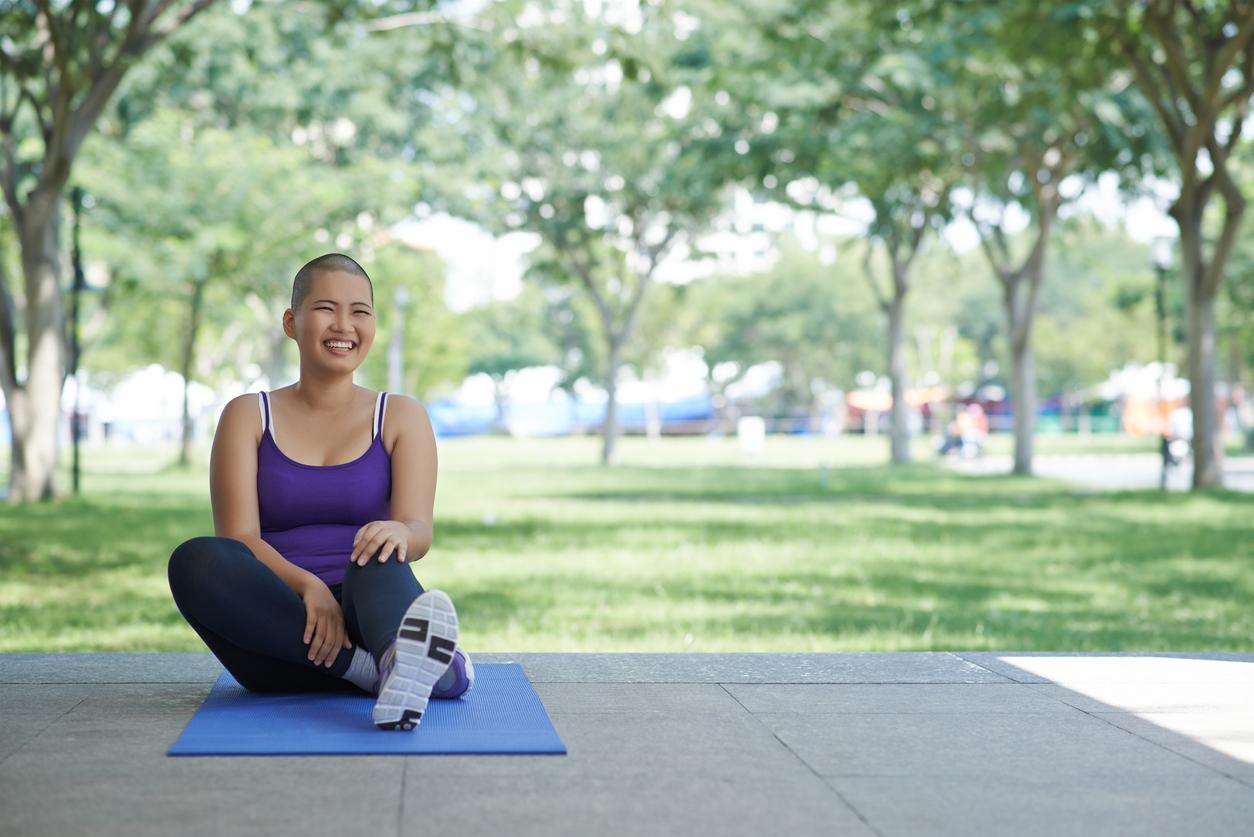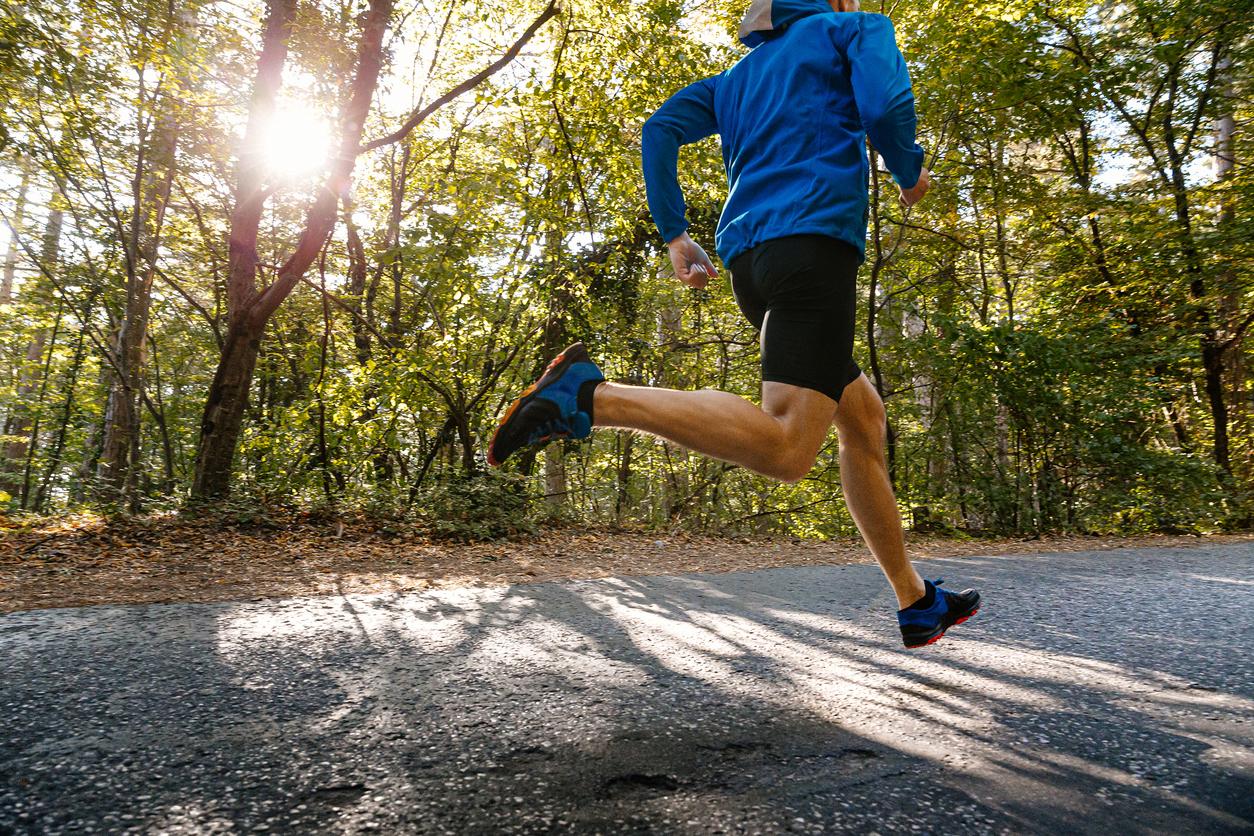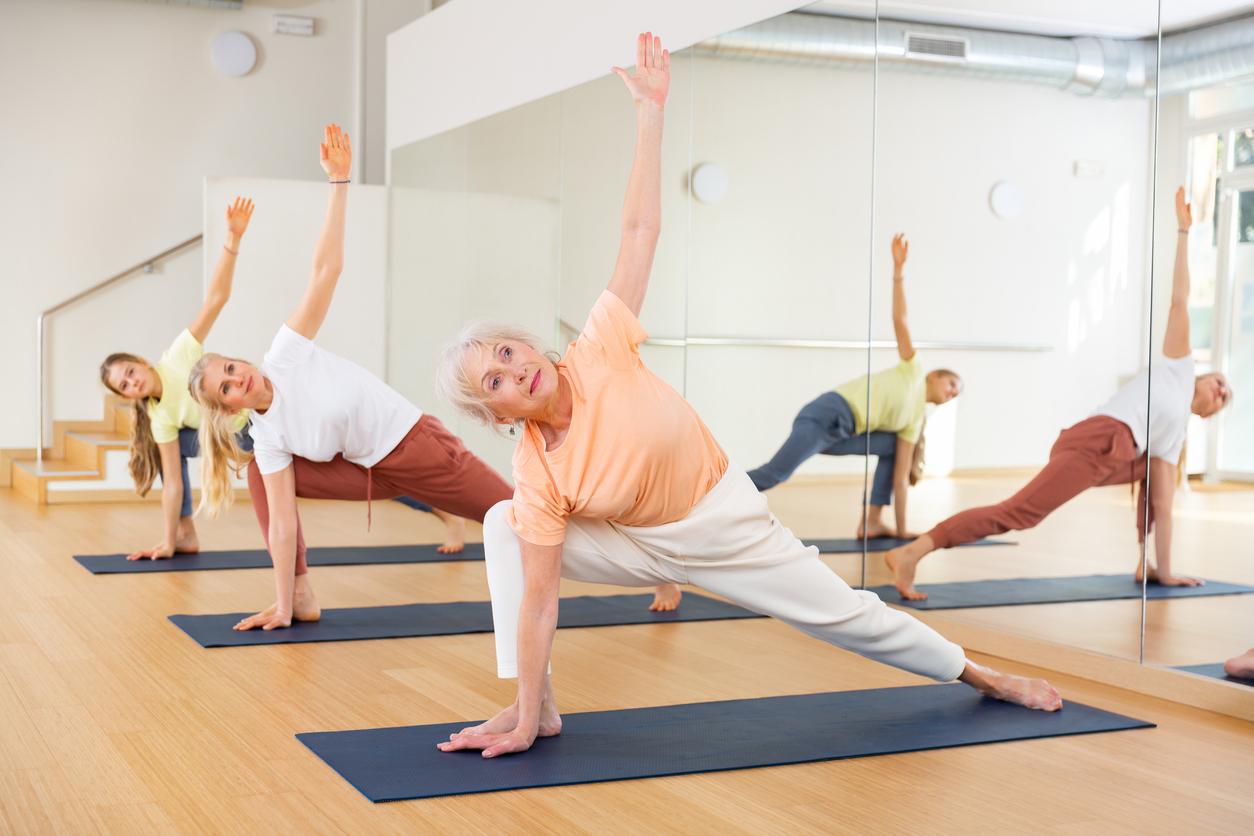Aerobic exercise is an activity that requires oxygen as the main source of burning sugars providing energy to the body. The level of activity should be low enough so as not to cause breathing difficulties or muscle pain. Aerobic endurance is “the ability to maintain a certain intensity of exercise over an extended period of time”. Jogging, swimming or even brisk walking are considered aerobic exercises.
Performed twice a week, aerobic exercises would be particularly recommended for seniors. This type of sports activity would reduce the risk of age-related neurological disorders according to the results of a study published in the specialist journal the British Journal of Sports Medicine.
Researchers from the Department of Physiotherapy at UBC (University of British Columbia) analyzed the hippocampus in the brains of 86 women aged 70 to 80. They wanted to understand the impact of aerobic exercises on this part of the brain involved in memory and learning and most quickly affected by the effects of aging.
For this research, the volunteers were divided into different groups. Some did different types of exercise including aerobic (brisk walking), resistance exercises (weight), and balance and muscle exercises. The volunteers practiced their exercises for two one-hour sessions per week for six months.
Aerobic exercise protects the aging brain
The scientists measured the size of the hippocampus and the cognitive functions of the participants before and after the implementation of the protocol.
The researchers found that the “aerobic exercise” group had a more developed hippocampus than that of the other volunteers.
“Aerobic exercise should be practiced by older people regularly. It would therefore help prevent cognitive decline due to age and slow down the degeneration process involved in disorders such as dementia, ”concludes Teresa Liu-Ambrose, co-author of the study.
The aging of the population increases the number of people with dementia (all diseases associated with memory loss and a decrease in the ability to perform various daily activities. Alzheimer’s disease accounts for about 70 to 80% of cases of dementia) which have increased by 22% worldwide. Health authorities said at the top of the G8in 2013 that 44 million people in the world suffered from a significant loss of their cognitive abilities.














-1698484526.jpg)
